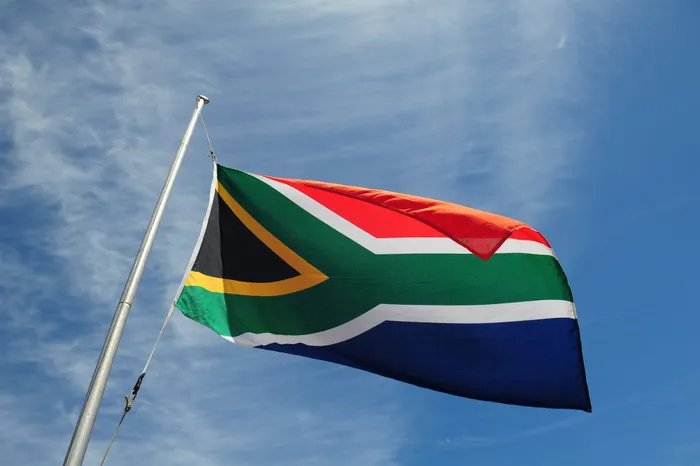Heritage Day: A celebration of South Africa's roots and future potential

South Africa’s multifaceted heritage has been shaped by thousands of years of human history and the convergence of diverse cultures, languages and traditions.
Image: Picture: Henk Kruger/ Independent Newspapers
As South Africans prepare to celebrate Heritage Day on September 24, many may view it simply as a well-deserved day off from school or work, or an occasion for a hearty braai with loved ones.
However, Mankodi Moitse, CEO of Kagiso Trust, argues that the day holds profound significance, serving as a reminder of the foundations upon which our society is built and the pivotal role they play in shaping a more equitable future.
"It’s a day to remember the foundations of our society – and the way they retain their value as the basis for a more equitable future," Moitse underscores, reiterating that South Africa’s heritage is a rich tapestry woven from thousands of years of human history marked by diverse cultures, languages, and traditions.
As our nation grapples with how to honour this complex inheritance, the challenges of constructing a more inclusive society loom larger than ever.
"This is a challenge for communities, businesses, governments, and development agencies such as Kagiso Trust, which traces its foundations to the apartheid era," Moitse said.
This year marks the 40th anniversary of Kagiso Trust, which stands at the forefront of efforts to uplift communities still feeling the lingering effects of centuries of oppression. Moitse believes that South Africa’s multifaceted heritage can serve as a catalyst for progress.
"Many cultural traditions embody sophisticated knowledge systems," she explains.
"Sustainable development recognises that solutions which incorporate traditional wisdom are more likely to be embraced by communities."
The importance of a strong cultural identity cannot be overstated; it enhances resilience and social cohesion, fostering a sense of connection to one’s heritage that motivates individuals to invest in their community’s long-term wellbeing.
"Cultural richness becomes a strategic asset for development," affirms Moitse.
Yet, how do we balance the preservation of traditions with the need for progress? Moitse posits that sustainable development should not seek to replace traditions with modernity but rather to empower communities to evolve their traditions, adapting to new challenges while safeguarding their core identity.
"In that way, human capacity becomes South Africa’s most valuable inherited asset," she states emphatically.
Founded in 1985 to provide direct assistance to those suffering under apartheid, Kagiso Trust has shifted its focus to education, socio-economic support, civil society, and local governance.
"Our job is to ignite the human capacity bequeathed to us by everything that has gone before."
This commitment is exemplified in the Trust’s recent initiatives, including a short-term loan facility aimed at alleviating cash flow pressures for over 24,000 emerging sugarcane farmers in KwaZulu-Natal and Mpumalanga, who have traditionally been excluded from conventional financing channels.
With an injection of R30 million, this initiative offers much-needed early payments to smallholders and medium-scale farmers, paving the way for long-term sustainability.
The Trust’s partnership with schools in the Sekhukhune East Education District in Limpopo further illustrates its impact.
"The matric pass rate increased from less than 60% in 2021 to 84% in 2024," Moitse proudly announces, detailing efforts that included connecting 26 schools to the internet, equipping technical high schools with an electrical workshop and ICT centre, and enhancing the skills of technical teachers. This collaboration signifies a long-term vision for igniting human capacity, fostering socio-economic improvements within the community while reinforcing its rich heritage.
Through building human capacity, communities are empowered to blend traditional practices with modern techniques.
A community health worker trained in contemporary methods might incorporate traditional healing into their health education initiatives, while a sugarcane farmer may harmonise indigenous agricultural wisdom with sustainable practices. The result? An evolution of tradition, while the core knowledge and values remain intact.
"For those working in development, Heritage Day is a reminder that to succeed and achieve sustainability, efforts must be built on partnerships, a long-term vision, and a platform that honours South Africa’s diverse heritage," Moitse concludes.
"The greatest tribute we can pay to our ancestors is to ensure that future generations inherit even stronger foundations."
IOL
Related Topics: